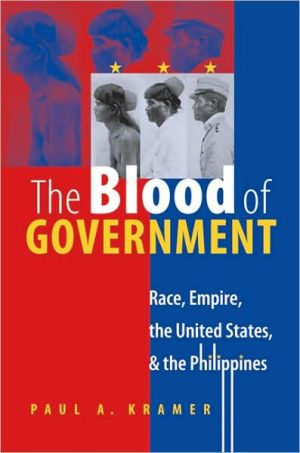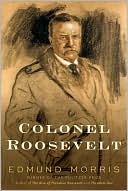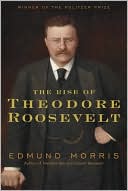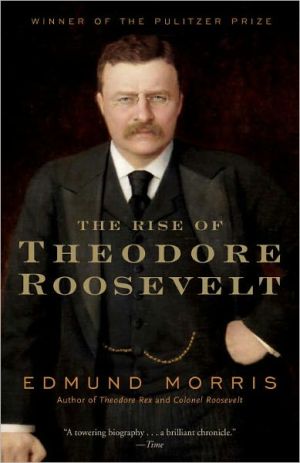The Blood of Government: Race, Empire, the United States, and the Philippines
In 1899 the United States, having announced its arrival as a world power during the Spanish-Cuban-American War, inaugurated a brutal war of imperial conquest against the Philippine Republic. Over the next five decades, U.S. imperialists justified their colonial empire by crafting novel racial ideologies adapted to new realities of collaboration and anticolonial resistance. In this pathbreaking, transnational study, Paul A. Kramer reveals how racial politics served U.S. empire, and how...
Search in google:
Examining racial politics during American colonial rule in the Philippines, Kramer shows that Americans did not merely export their own racial politics on a blank slate; rather, they dispensed power on the basis of race, but often faced contentious dialogue about it with Filipino elites. He argues that in order to understand Philippine-American colonialism, it is important to consider the Spanish period of colonization that preceded it.
AcknowledgmentsxiIntroduction: Sliding Scales: Race, Empire, and Transnational History1Chapter 1Blood Compacts: Spanish Colonialism and the Invention of the Filipino35Chapter 2From Hide to Heart: The Philippine-American War as Race War87Chapter 3Dual Mandates: Collaboration and the Racial State159Chapter 4Tensions of Exposition: Mixed Messages at the St. Louis World's Fair229Chapter 5Representative Men: The Politics of Nation-Building285Chapter 6Empire and Exclusion: Ending the Philippine Invasion of the United States347Conclusion: The Difference Empire Made433Notes437Bibliography481Index511
\ From the Publisher"A useful contribution. . . . Fascinating."\ — Patterns of Prejudice\ "A very significant contribution to the study of American imperialism. . . . A book that will define and influence the way the next generation of scholars will look at the American empire in the Philippines and Asia. . . . An impressive book that is both highly specific and broadly suggestive. It presents a thorough and thoughtful study of the imperial relationship between the United States and the Philippines. . . . A solid contribution toward building a new historiography of U.S. empire."\ — H-Diplo\ "An important work not only to the field of Philippine-American studies, but also to the studies of race and imperialism in general."\ —Journal of American Studies\ "Compelling. . . . The author shows impressive command of . . . the sources in the United States and the Philippines, ranging from personal papers, newspapers, and military civilian archives. . . . Highly recommend[ed]."\ —CENTRO Journal\ "A formidable assessment of the intertwined nature of race and U.S. imperialism."\ — Journal of Southern History\ "A useful and often original analysis of a very interesting and highly complex period of colonial history."\ — Register of the Kentucky Historical Society\ "A much needed and innovative intervention into the scholarship on the American empire and the Philippine nation-state."\ Vicente L. Rafael, University of Washington"\ \ \








